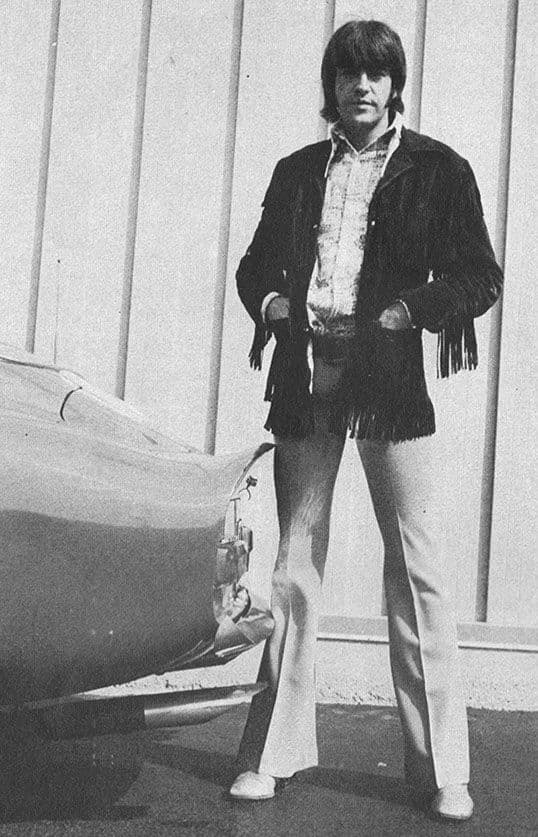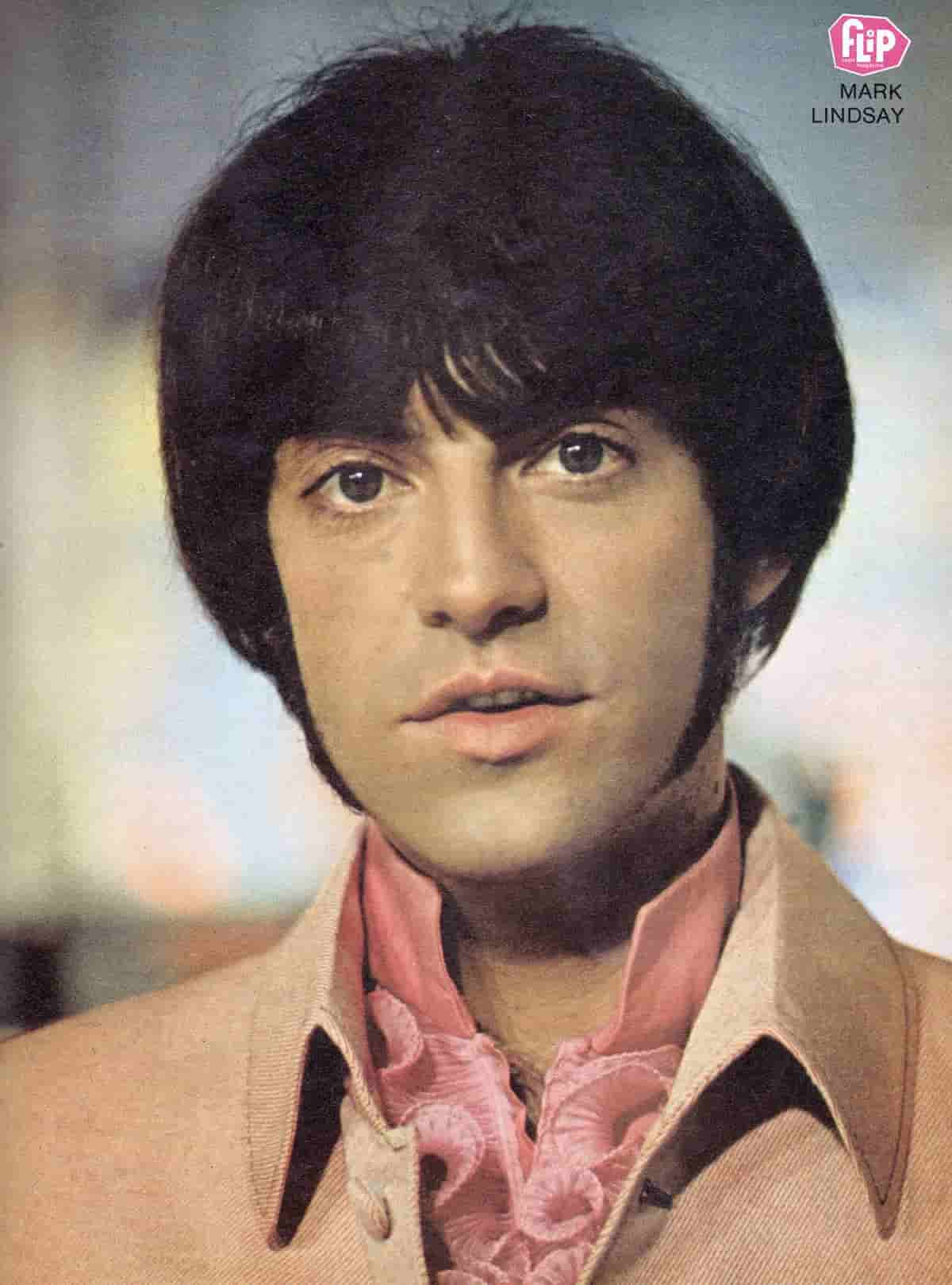
When Familiar Paths Converge: A Reflective Journey Through Mark Lindsay’s “The Long and Winding Road / Yesterday”
In the annals of pop music, certain songs transcend their original intent, becoming anthems of universal human experience. And then, there are the interpretations, the brave souls who step into the hallowed ground of beloved classics, seeking to add their own hue to a masterpiece. Such was the venture of Mark Lindsay, the charismatic frontman of Paul Revere & the Raiders, when he released his double A-side single, “The Long and Winding Road / Yesterday,” on March 11, 1970. While these tracks didn’t reach the dizzying heights of his solo hits like “Arizona” (a Gold-certified Top Ten pop hit in early 1970) or “Silver Bird” (which climbed to #25 on the Billboard charts), they found a home on his album, Silver Bird (1970), which peaked at number 82 on the album charts. This pairing, deeply rooted in the iconic catalog of The Beatles, offered a different facet of Lindsay’s artistry—a move towards a more mature, introspective “adult pop” sound, a departure from the raucous garage rock that defined his earlier career with The Raiders.
For many of us who lived through those vibrant, turbulent decades, the very titles “The Long and Winding Road” and “Yesterday” conjure a rush of memories, a kaleidoscope of youth, love, and the inexorable march of time. These aren’t just songs; they are temporal landmarks. And when Mark Lindsay, a voice synonymous with the electric energy of the ’60s, chose to lend his pipes to these particular Beatles treasures, it was a moment of curious intersection. It was a time when the British Invasion’s vanguard, The Beatles themselves, were in their final, fractured moments, leaving behind a legacy that countless artists would explore. Lindsay, already a household name and an established teen idol, was evolving, seeking to carve out a distinct solo identity beyond the shadow of the flamboyant Paul Revere. His solo albums, including Arizona and Silver Bird, were testaments to this artistic growth, showcasing his versatility and willingness to delve into more orchestrated, mellow territory.
“The Long and Winding Road,” written by Paul McCartney, is steeped in the melancholic realization of an ending, widely interpreted as McCartney’s poignant reflection on the unraveling of The Beatles. Penned in 1968, at a time when tensions within the band were palpable, the lyrics speak of a path that leads to a door that never quite opens, a journey fraught with unspoken longing and the pain of separation. “The long and winding road that leads to your door / Will never disappear,” McCartney lamented, capturing the enduring nature of past connections, even as they fade. For many, it speaks to lost love, friendships fractured, or even the bittersweet understanding that life’s journeys often lead us to places we didn’t expect, sometimes far from what we yearned for. Lindsay’s rendition, perhaps less ornate than Phil Spector’s controversial production of the original, offers a more direct, heartfelt vulnerability, allowing his seasoned voice to carry the weight of the song’s inherent sadness.
And then there is “Yesterday.” Could there be a more universally recognized lament? Another Paul McCartney masterpiece, it’s a deceptively simple ballad about the sudden, inexplicable loss of love and the aching nostalgia for a time when “troubles seemed so far away.” Its genius lies in its raw, unfiltered emotion, a sentiment that resonates with anyone who has ever looked back with regret or longing at a time that felt simpler, more joyful. “Why she had to go, I don’t know, she wouldn’t say,” sings the heartbroken narrator, a line that has echoed through generations, speaking to the inexplicable nature of loss. For older listeners, it’s not just a song about a romantic break-up; it’s a profound meditation on the passage of time itself, on youth slipping away, and on the “yesterdays” that shaped us, both good and bad. Lindsay’s pairing of these two songs on a single was a masterful choice, creating a thematic thread of introspection and bittersweet reflection. It wasn’t about recreating The Beatles’ magic; it was about Mark Lindsay, a familiar voice from our shared musical past, taking us on his own reflective journey through these timeless landscapes of emotion. It’s a record that invites us to pause, to listen, and to remember our own long and winding roads, and all the yesterdays that brought us to where we are today.
